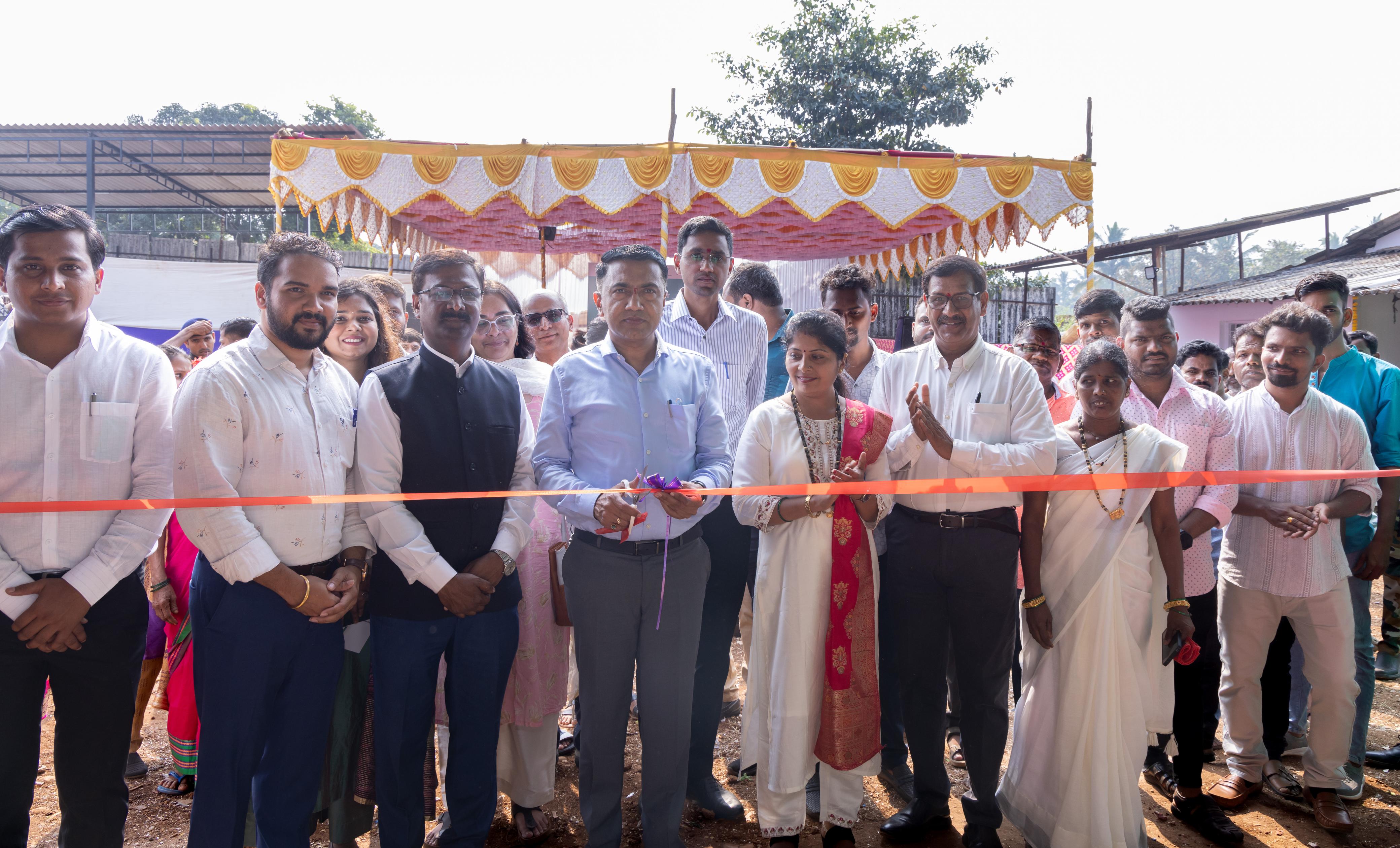Subscribe our Weekly Newsletter
Applications Invited for Recognizing Institutional and Organizational Capacity for Effective Workforce Development Programs

Organization: The Water Research Foundation (WRF)
Apply By: 21 Nov 2024
Grant Amount: 200000 USD
About the Organization
The Water Research Foundation (WRF) is the leading research organization advancing the science of all water to meet the evolving needs of its subscribers and the water sector. WRF is a 501(c)(3) nonprofit, educational organization that funds, manages, and publishes research on the technology, operation, and management of drinking water, wastewater, reuse, and stormwater systems—all in pursuit of ensuring water quality and improving water services to the public.
About the Grant
The water workforce is persistently top of mind for the sector. Since 2019, Aging Workforce has consistently been identified in the State of the Water Industry report as one of the top 10 challenges (AWWA 2024). Utilities are having to adjust to a number of factors that impact the water workforce, including digital transformation requiring new skillsets, increased competition for hiring new employees, lack of awareness of water sector jobs, and changing cultural trends in how individuals value and engage with their work. As a result, water and wastewater utilities are looking to understand how to attract, train, and retain the water workforce.
To support these goals, utilities are looking to workforce development programs, which are initiatives within (or across) organization(s) designed to support the attraction, training, or professional development of water professionals. These programs are different across the sector, with some organizations formalizing its workforce development in its strategic planning process and organizational structure. In other cases, workforce programs operate through an ad-hoc arrangement. It is unclear where workforce efforts live within the organizational structure of a utility. While hiring processes are the primary responsibility of a Human Resources department, many organizations rely on other internal staff to interact with their existing network to attract promising candidates. Previous WRF work identified that “workforce planning is not yet viewed as ‘strategic’ within most organizations and is not given the same attention as regulatory and infrastructure issues” (Manning et al. 2008). Communication between managers and departments does not always exist when it comes to workforce challenges. Such efforts extend beyond conventional responsibilities within human resources, introducing the need for additional capacity development at an organizational level.
For utilities to meet the pressing workforce needs, research is needed to inform how utilities currently approach their workforce programs, and to identify best practices for supporting agency-wide investment. This proposed work offers an analysis of staff- and institutional-level efforts related to workforce development programs in utilities and aims to show other utilities how these efforts scale across size and geography. Currently, individuals are having to justify decision-making for workforce programs. Proposed outcomes help support professionals in demonstrating the effectiveness of activities and providing a use-case based on sector-wide data.
Budget
Applicants may request up to $200,000 in WRF funds for this project.
Project Objectives
- Understand existing ways workforce development is incorporated into the organizational and strategic structure of water and wastewater utilities across varying geographies and scales.
- Identify institutional and organizational barriers for implementing workforce development programs.
- Identify opportunities for growth in supporting workforce development programs through capacity building.
Research Approach
This RFP is intentionally flexible in the research approach to encourage creativity and originality from proposers. Proposers should describe how they will conduct the research to meet the objectives listed above. The following approach is intended as a starting point. Please note that proposers are expected to demonstrate some level of partnership in their work, however, WRF is also available as a resource to help support the project team identify case studies, or project participants.
Task 1: Evaluate existing workforce programs across utilities. Proposers should identify the eligibility requirements for what is in (or out of) scope for including workforce programs in this project. To make the findings beneficial to a variety of utilities and organizations, proposals should clarify how the research approach will achieve diversity across the following dimensions:
Type of utility governance (e.g., investor-owned, publicly-owned, etc.) Size of organization
Different utility types (e.g., water, wastewater, water reuse, stormwater, etc.)
Presence of a recently implemented strategic planning process (optional)
Geographic location
Information that may be helpful to consider for further analysis within workforce programs might include:
- Major goals and activities
- Identifying where these programs exist in the organizational structure
- Motivation for the program, whether formal (e.g., embedded in utility guiding documents) or informal (e.g., through utility champions)
- Funding source and personnel capacity that is dedicated to the implementation of the program
- Existing external resources, training, and certification that are used in developing and implementing these programs
Task 2: In-depth investigation to barriers and opportunities for workforce programs Findings from Task 1 should undergo evaluation to understand general trends and to address the barriers and opportunities for broader workforce development goals at the organizational level. For example, identifying if there is a return-on-investment for workforce programs or how utilities navigate competing interests between physical and human infrastructure. Outcomes should support the data and provide key recommendations for water professionals involved with workforce development activities and programs.
Eligibility
Proposals will be accepted from both U.S.-based and non-U.S.-based entities, including educational institutions, research organizations, governmental agencies, and consultants or other for-profit entities.
How to Apply
Proposals are accepted exclusively online in PDF format, and they must be fully submitted before 3:00 pm Mountain Time on Thursday, November 21, 2024. The online proposal system allows submission of your documents until the date and time stated in this RFP. To avoid the risk of the system closing before you press the submit button, do not wait until the last minute to complete your submission. Submit your proposal at https://forms.waterrf.org/cbruck/rfp-5300.
For more information please check the Link
Latest Online Store
Latest Tenders And EOIs
Latest News
© Renalysis Consultants Pvt Ltd

.png)











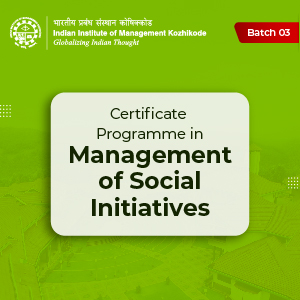
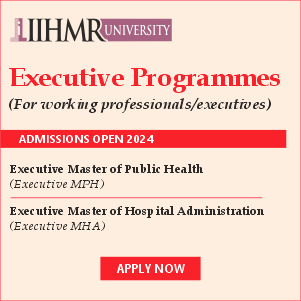
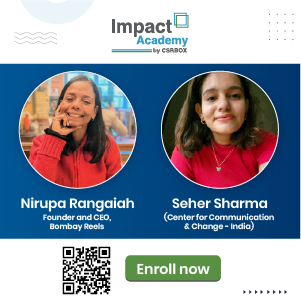








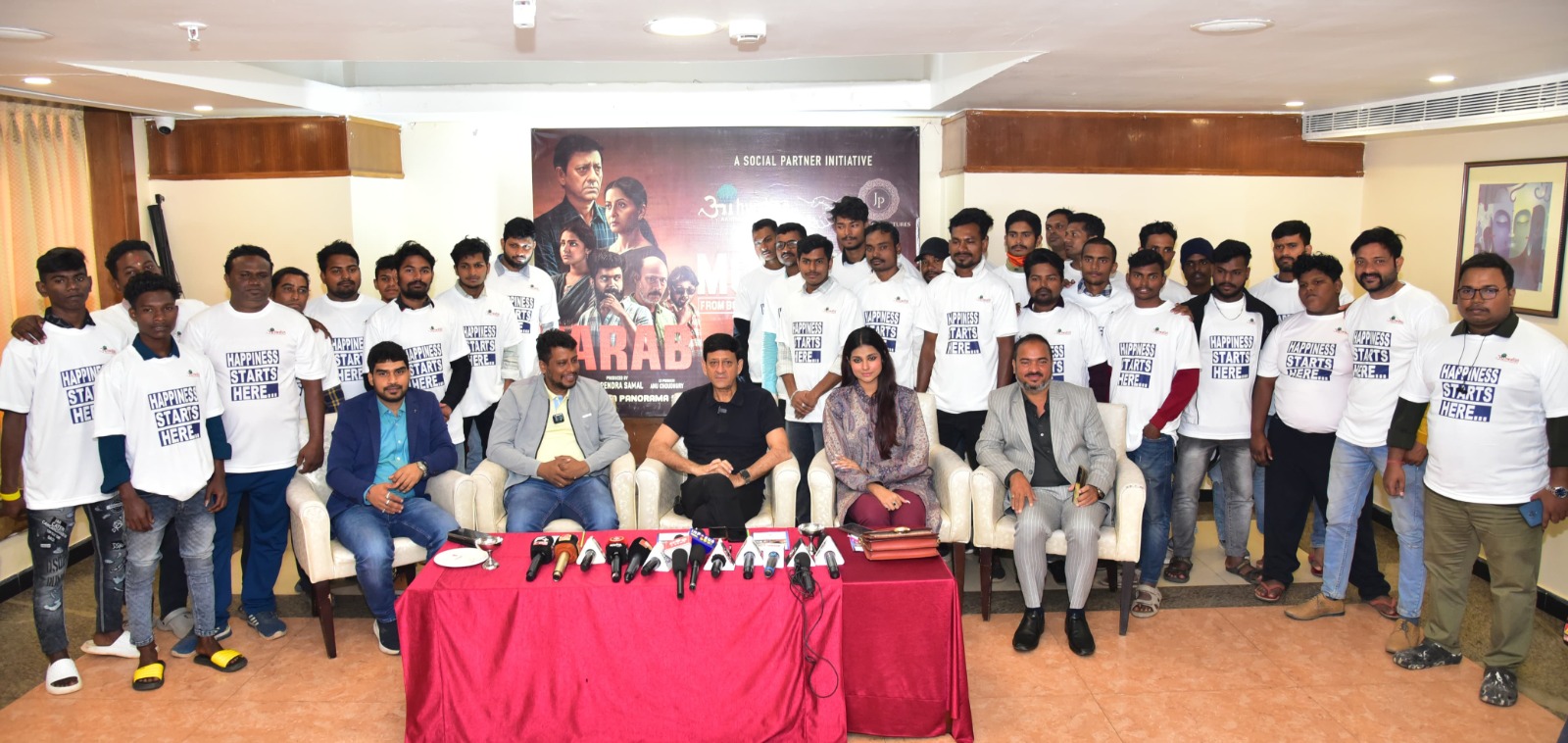
.jpg)
